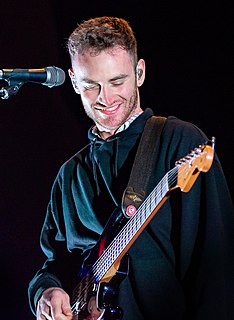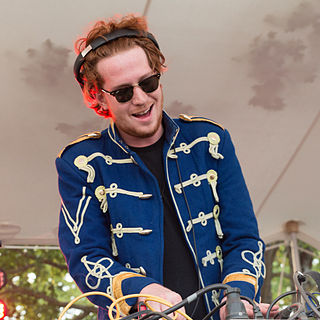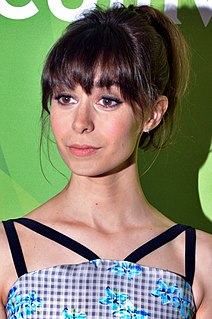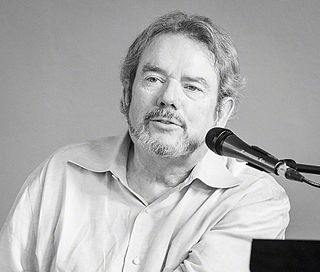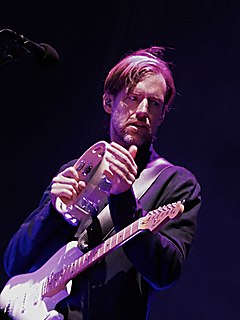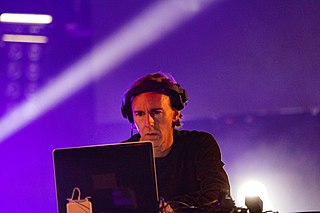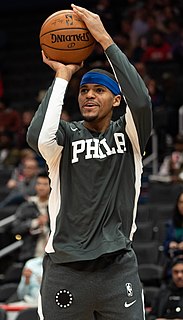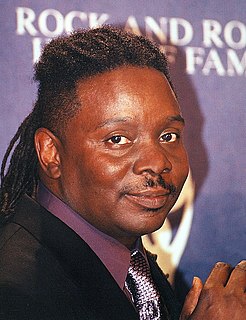A Quote by Tom Misch
To be honest, I don't have a particular recipe, but I normally start with the chord progression and then I build it from there. I listen to a lot of jazz, so the chords are really important to me.
Related Quotes
I love jazz. So to me, there are two main types of jazz. There's dancing jazz, and then there's listening jazz. Listening jazz is like Thelonius Monk or John Coltrane, where it's a listening experience. So that's what I like; I like to make stuff that you listen to. It's not really meant to get you up; it's meant to get your mind focused. That's why you sit and listen to jazz. You dance to big band or whatever, but for the most part, you sit and listen to jazz. I think it comes from that aesthetic, trying to take that jazz listening experience and put it on hip-hop.
Even if chords are simple, they should rub. They should have dissonances in them. I've always used a lot of alternate bass lines, suspensions, widely spaced voicings. Dfferent textures to get very warm chords. Sometimes you're setting up strange chords by placing a chord in front of it that's going to set it off like a diamond in a gold band. It's not just finding interesting chords, it's how you sequence them, like stringing together pearls on a string. ... Interesting chords will compel interesting melodies. It's very hard to write a boring melody to an interesting chord sequence.
I was 16 when I came to New York. I had graduated to a tenor banjo in the school jazz band, and it was kind of boring - just chords, chords, chords. Then my father took me to a mountain music and dance festival in Asheville, North Carolina, and there I saw relatively uneducated people playing great music by ear.
I kept on buying records and listening to them. Finally, I was able to hear the relationship between the jazz improvisers' solos and the underlying structure that it's based on, the chord progression. That was pretty easy to do in the swing era, y'know, when jazz was, like, pop music, you know. It had made the charts and everything like that.
The music has gotten thick. Guys give me tunes and they're full of chords. I can't play them...I think a movement in jazz is beginning away from the conventional string of chords, and a return to emphasis on melodic rather than harmonic variation. There will be fewer chords but infinite possibilities as to what to do with them.
